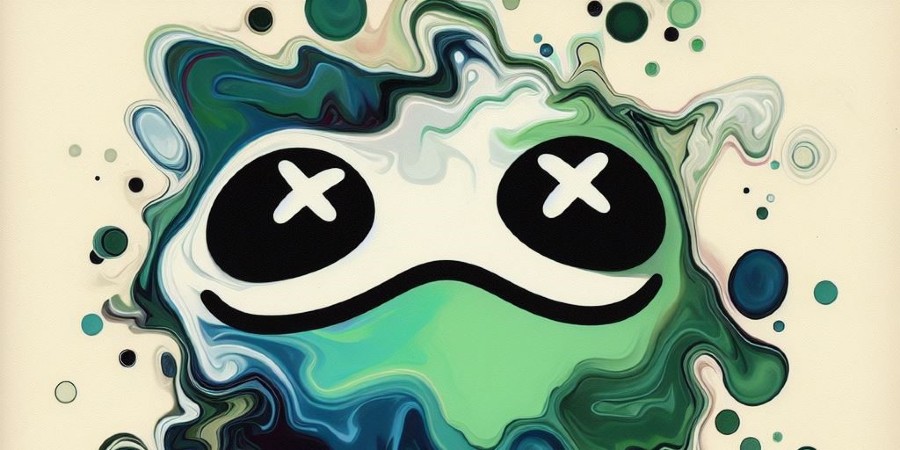In the rapidly evolving world of digital art and collectibles, Non-Fungible Tokens (NFTs) have emerged as a groundbreaking force. These unique digital assets, which are typically bought and sold with cryptocurrency, have transformed the way we think about the ownership and distribution of art in the digital realm. However, with this transformation comes a multitude of legal challenges, especially concerning intellectual property (IP) rights. This article delves into the complexities and provides insights for creators and collectors alike.
The Collision of NFTs and Intellectual Property Rights
At their core, NFTs are blockchain-based certificates of ownership for a digital or physical asset. But what does ownership mean when the asset can be easily and endlessly replicated? Intellectual property rights, designed to protect the interests of creators by granting them exclusive rights to use, sell, or license their creations, are now intersecting with blockchain technology in ways that raise both opportunities and challenges.
Replication vs. Ownership: A Digital Dilemma
The primary IP challenge in the NFT marketplace is replication. Owning an NFT doesn’t prevent the digital asset from being copied; it merely indicates that you own the ‘original’ blockchain-based token. This scenario has raised concerns about the meaningfulness of ownership and the enforcement of IP rights in the digital space. Moreover, the unauthorized minting of NFTs without the creator’s consent has become a rampant issue, with few clear remedies at present.
Setting Legal Precedents in Uncharted Territory
The legal framework around NFTs is still in its infancy. There have been few if any, definitive legal cases setting clear precedents for the handling of IP rights in the NFT world. As courts begin to grapple with these issues, their decisions will shape the future of digital ownership and IP law.
Protecting Creators in the Digital Bazaar
For artists and creators, the NFT space offers a revolutionary way to monetize digital creations. However, safeguarding their IP rights is crucial. Smart contracts — self-executing contracts with the terms of the agreement directly written into code — present a potential solution. These can be programmed to provide ongoing royalties to creators whenever an NFT is resold, ensuring that creators continue to benefit from their work’s popularity.
Understanding What NFT Ownership Entails
When purchasing an NFT, buyers often assume they have full rights over the digital asset. However, the reality is more nuanced. Typically, buying an NFT means owning a piece of code that points to a particular digital item, not the copyright to the item itself. This distinction is vital for buyers to understand to avoid infringing on the creator’s IP rights.
Practical Tips for Navigating IP Challenges
For creators venturing into the NFT space, protecting their work involves being proactive. This includes clearly defining the rights associated with the NFT, using smart contracts effectively, and considering registering their work with appropriate IP offices.
Buyers should conduct due diligence before making a purchase to ensure that the NFT is authorized by the creator and that they understand the extent of the rights they are acquiring. It’s also recommended that both creators and buyers stay informed about the evolving legal landscape surrounding NFTs and seek legal advice when necessary.
Conclusion: A Call for Clarity and Respect for IP Rights
The intersection of NFTs and IP rights is a testament to the transformative power of technology in the arts. While the path forward may be fraught with legal complexities, it also opens up new avenues for creators to benefit from their work. For the NFT market to reach its full potential, all participants must strive to understand and respect the nuances of IP rights.
As we stand at the cusp of this new digital frontier, let us navigate with both the excitement of possibility and the caution warranted by the unresolved questions of law and ethics. Only by doing so can we ensure a future for the digital arts that is as legally sound as it is creatively vibrant.
Header art NFT Monsters of the Caribbean created by S0ULW1p3R
